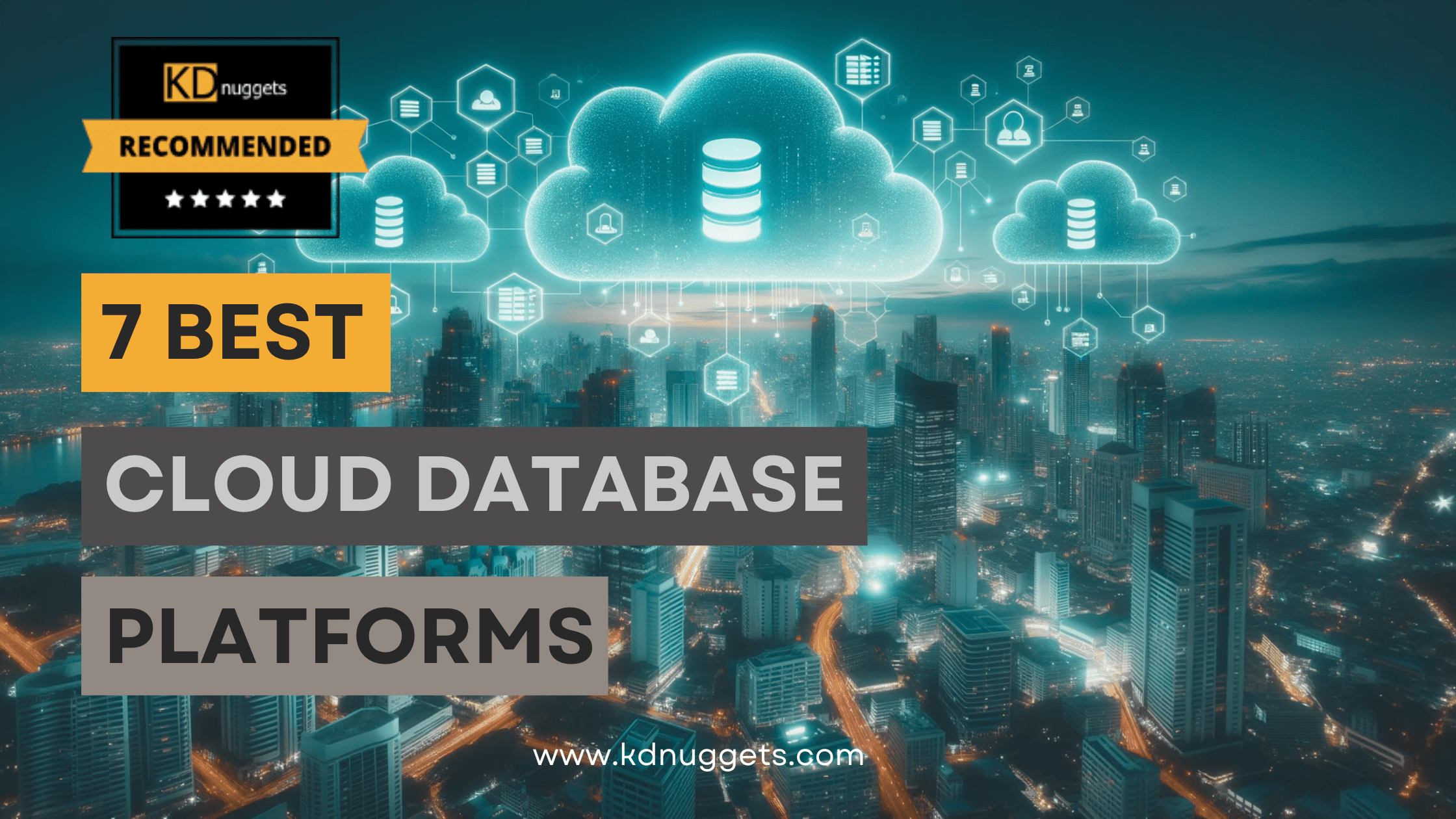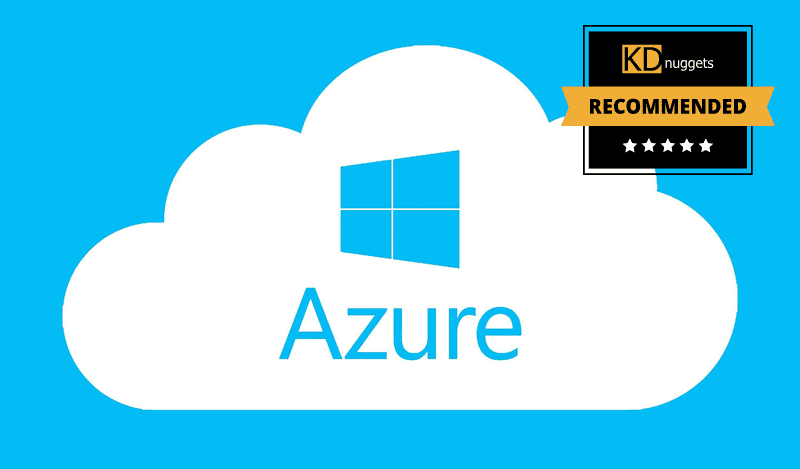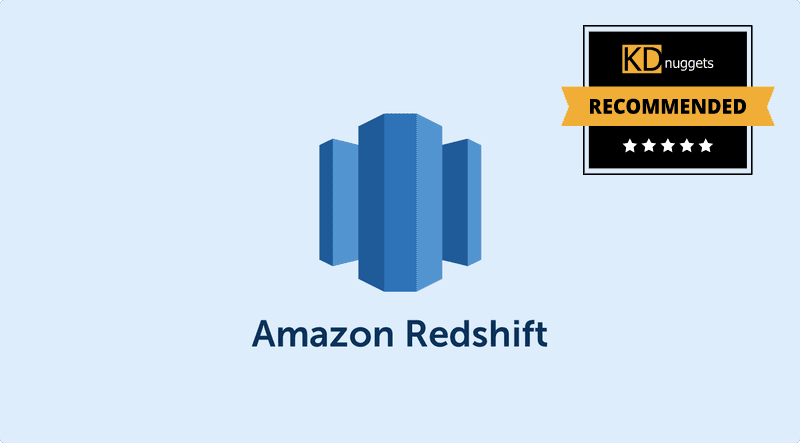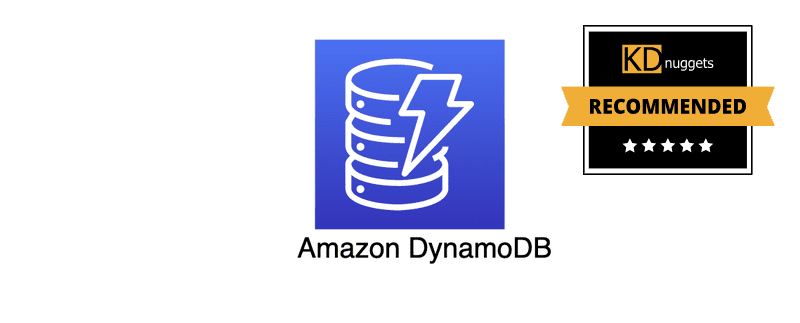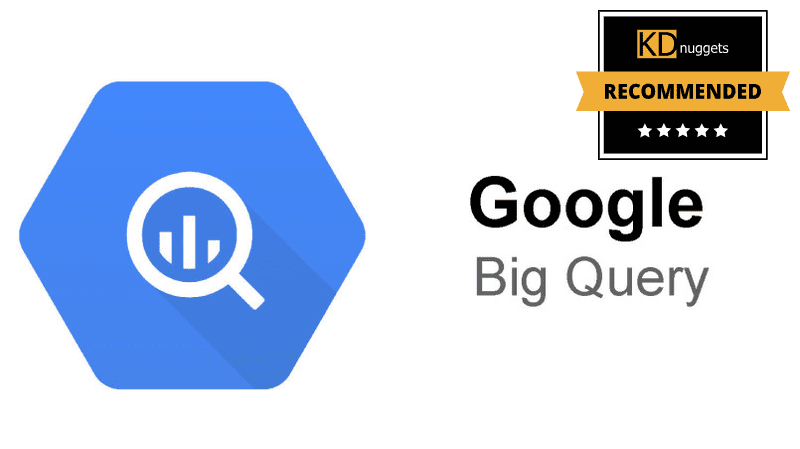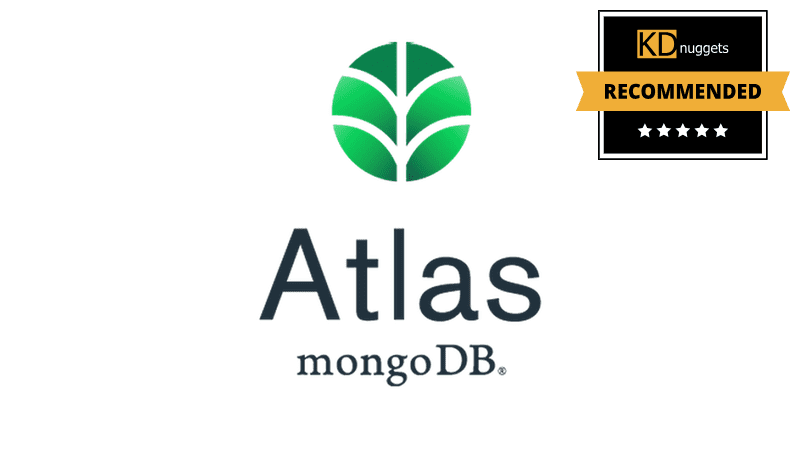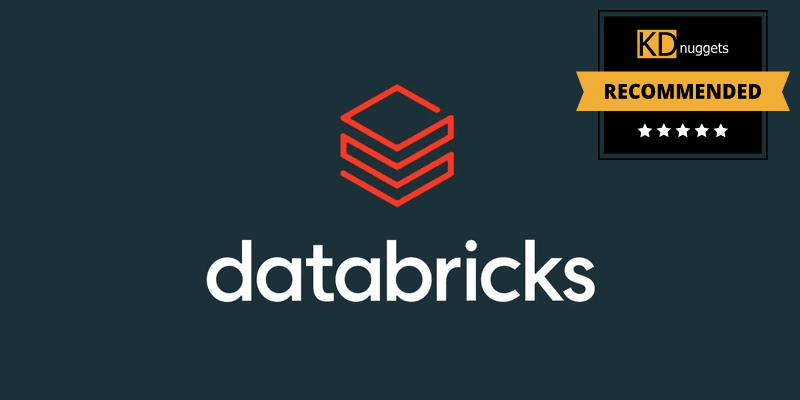7 Best Cloud Database Platforms
Cloud databases have made it easier and cheaper to develop enterprise-level applications, offering flexibility, convenience, and standard database functionality. See what KDnuggets recommends.
Cloud computing has opened new doors for app development and hosting. Before cloud services became mainstream, developers had to maintain their own expensive servers. Now, cloud platforms like AWS and Azure provide easy database hosting without the high hardware costs. Cloud databases offer the flexibility and convenience of the cloud while providing standard database functionality. They can be relational, NoSQL, or any other database model, accessed via API or web interface.
In this review article, we will explore the top 7 cloud databases used by professionals to build robust applications. These leading cloud database platforms enable developers to efficiently store and manage data in the cloud. We will examine the key features, pros, and cons of each platform, so you can determine which one is the right fit for your app development needs.
Azure SQL Database is a fully managed relational cloud database that is part of Microsoft's Azure SQL family. It provides a database-as-a-service solution built specifically for the cloud, combining the flexibility of a multi-model database with automated management, scaling, and security. Azure SQL database is always up-to-date, with Microsoft handling all updates, backups, and provisioning. This enables developers to focus on building their applications without database administration overhead.
- Serverless computing and hyperscale storage solutions are both flexible and responsive
- A fully managed database engine that automates updates, provisioning, and backups
- It has a built-in AI and high availability to ensure consistent peak performance and durability
- User-friendly interface for creating data models
- Straightforward billing system
- Fully managed and secure SQL database
- Seamless migration from on-premise to cloud storage
- Job and task managers work in different ways
- Limited database size
- Need for more efficient notification and logging system for database errors
- Costly scaling up and down without proper automation implementation
Amazon Redshift is a fully-managed, petabyte-scale cloud-based data warehousing solution designed to help organizations store, manage, and analyze large amounts of data efficiently. Built on top of the PostgreSQL open-source database system, Redshift uses columnar storage technology and massively parallel processing to deliver fast query performance on high volumes of data. Its distributed architecture allows it to elastically scale storage and processing power to accommodate growing data volumes. Its tight integration with other AWS services also enables seamless data loading from S3, EMR, DynamoDB, etc. The end result is a performant, cost-effective, and flexible cloud data warehouse solution suitable for large-scale data analytics.
- It uses column-oriented databases
- Its architecture is based on massively parallel processing
- It includes machine learning to improve performance
- It is fault tolerant
- Easy setup, deployment, and management
- Detailed documentation that makes it easy to learn
- Seamless integration with data stored in S3
- Simplified ETL setup
- JSON support in SQL is limited
- Array type columns are missing and are automatically converted to strings
- The logging function is almost non-existent
Amazon DynamoDB is a fast, flexible, and reliable NoSQL database service that helps developers build scalable, serverless applications. It supports key-value and document data models, and can handle massive amounts of requests daily. DynamoDB automatically scales horizontally, ensuring availability, durability, and fault tolerance without any extra effort from the user. Designed for internet-scale applications, DynamoDB offers limitless scalability and consistent performance with up to 99.999% availability.
- The ability to handle over 10 trillion requests per day
- Support for ACID transactions
- A multi-Region and multi-Master database
- NoSQL database
- Fast and simple to operate
- Handle data that is dynamic and constantly changing
- Indexed data can be retrieved quickly
- Performs exceptionally well even when working with large-scale applications
- If the resource is not monitored correctly, the expenses can be significant
- Does not support backup in different regions
- It can be expensive for projects that require multiple environments to be created
Google BigQuery is a powerful, fully-managed cloud-based data warehouse that helps businesses analyze and manage massive datasets. With its serverless architecture, BigQuery enables lightning-fast SQL queries and data analysis, processing millions of rows in seconds. You can store your data in Google Cloud Storage or in BigQuery's own storage, and it seamlessly integrates with other GCP products like Data Flow and Data Studio, making it a top choice for data analytics tasks.
- It can scale up to a petabyte, making it highly scalable
- It offers fast processing speeds, allowing you to analyze data in real-time
- It is available in both on-demand and flat-rate subscription models
- Automatically optimizes queries to retrieve data quickly
- Great customer support
- Its data exploration and visualization capabilities are very useful
- It has a large number of native integrations
- Uploading databases using Excel can be time-consuming and prone to errors
- Connecting to other cloud infrastructures like AWS can be difficult
- The interface can be difficult to use if you are not familiar with it
MongoDB Atlas is a cloud-based, fully managed MongoDB service that allows developers to quickly setup, operate, and scale MongoDB deployments in the cloud with just a few clicks. Developed by the same engineers that build the MongoDB database, Atlas provides all the features and capabilities of the popular document-based NoSQL database, without the operational heavy lifting required for on-premise deployments. Atlas simplifies MongoDB cloud operations by automating time-consuming administration tasks like infrastructure provisioning, database setup, security hardening, backups, and more.
- It's a document-oriented database
- Sharding feature allows for easy horizontal scalability
- The database triggers in MongoDB Atlas are powerful and can execute code when certain events occur
- Useful for time series data
- It is easy to adjust the scale of the service based on your needs
- There are free and trial plans available for evaluation or testing purposes, which are quite generous
- Any database information that is uploaded to MongoDB Atlas is backed up
- JSON documents can be accessed from anywhere
- It is not possible to directly download all information stored in MongoDB Atlas clusters
- Lacks more granular billing
- No cross table joins
Snowflake is a powerful, self-managed data platform designed for the cloud. Unlike traditional offerings, Snowflake combines a new SQL query engine with an innovative cloud-native architecture, providing a faster, easier-to-use, and highly flexible solution for data storage, processing, and analytics. As a true self-managed service, Snowflake takes care of hardware and software management, upgrades, and maintenance, allowing users to focus on deriving insights from their data.
- Provide query and table optimization
- It offers secure data sharing and zero-copy cloning
- Snowflake supports semi-structured data
- Snowflake can ingest data from various cloud platforms, such as AWS, Azure, and GCP
- You can store data in multiple formats, including structured and unstructured
- Computers are dynamic, meaning you can choose a computer based on cost and performance
- It's great for managing different warehouses
- Data visualization could use some improvement
- The documentation can be hard to understand
- Snowflake lacks CI/CD integration capabilities
Databricks SQL (DB SQL) is a powerful, serverless data warehouse that allows you to run all your SQL and BI applications at a massive scale, with up to 12x better price/performance than traditional solutions. It offers a unified governance model, open formats and APIs, and supports the tools of your choice, ensuring no lock-in. The rich ecosystem of tools supported by DB SQL, such as Fivetran, dbt, Power BI, and Tableau, allows you to ingest, transform, and query all your data in-place. This empowers every analyst to access the latest data faster for real-time analytics, and enables seamless transitions from BI to ML, unleashing the full potential of your data.
- Centralized governance
- Open and reliable data lake as the foundation
- Seamless integrations with the ecosystem
- Modern analytics
- Easily ingest, transform and orchestrate data
- Enhanced collaboration between Data Science & Data Engineering teams
- Spark Jobs Execution Engine is highly optimized
- Analytics feature recently added for building visualization dashboards
- Native integration with managed MLflow service
- Data Science code can be written in SQL, R, Python, Pyspark, or Scala
- Running MLflow jobs remotely is complicated and needs simplification
- All runnable code must be kept in Notebooks, which are not ideal for production
- Session resets automatically at times
- Git connections can be unreliable
Cloud databases have revolutionized how businesses store, manage, and utilize their data. As we have explored, leading platforms like Azure SQL Database, Amazon Redshift, DynamoDB, Google BigQuery, MongoDB Atlas, Snowflake, and Databricks SQL each offer unique benefits for app development and data analytics.
When choosing the right cloud database, key factors to consider are scalability needs, ease of management, integrations, performance, security, and costs. The optimal platform will align with your infrastructure and workload requirements.
Abid Ali Awan (@1abidaliawan) is a certified data scientist professional who loves building machine learning models. Currently, he is focusing on content creation and writing technical blogs on machine learning and data science technologies. Abid holds a Master's degree in technology management and a bachelor's degree in telecommunication engineering. His vision is to build an AI product using a graph neural network for students struggling with mental illness.

